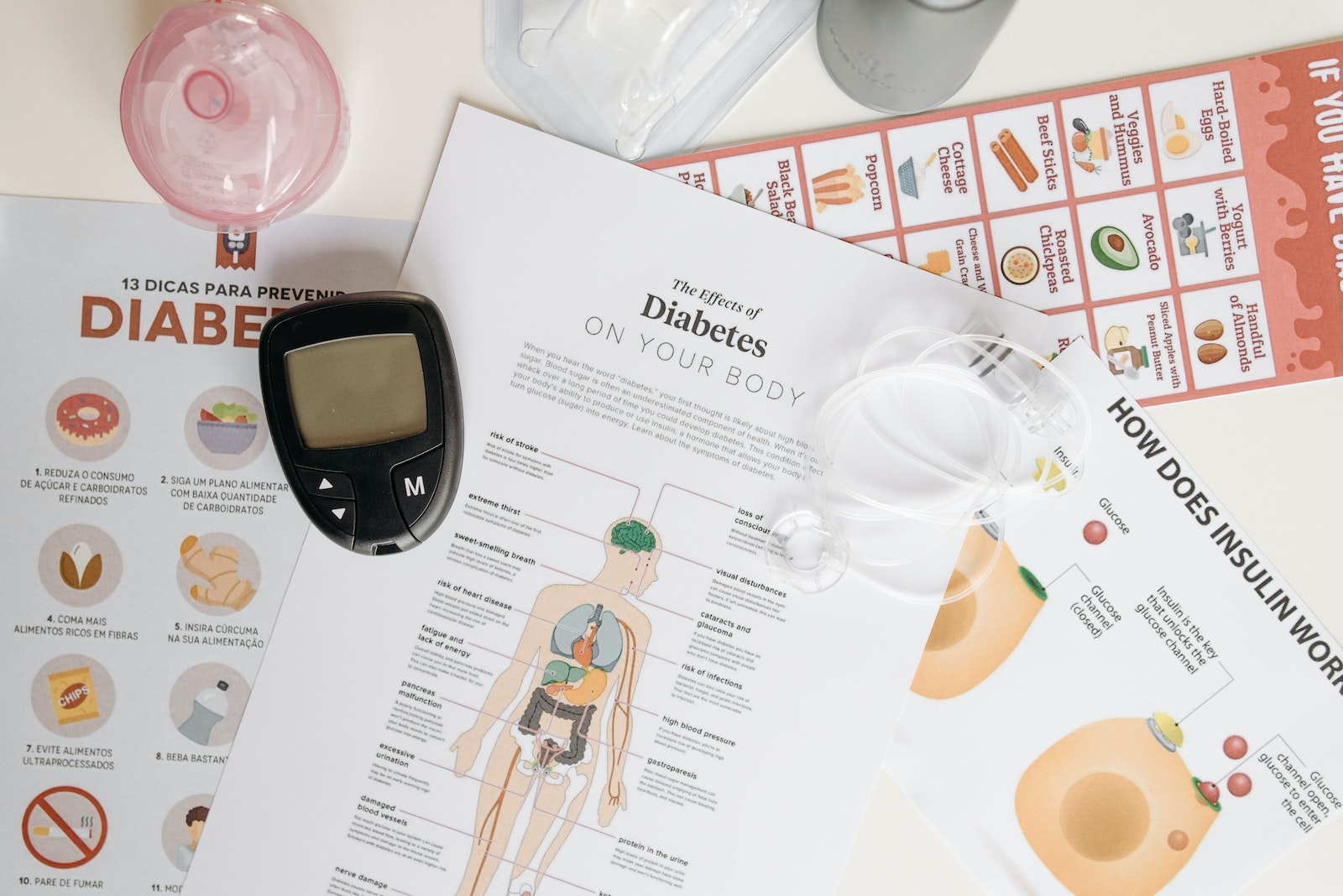Emotional eating, a complex intertwining of emotions and food, often takes center stage in social settings. Whether it’s a celebratory dinner, a casual gathering, or a workplace event, the urge to indulge in unhealthy foods can be overwhelming. Emotional eating affects our physical health and mental and emotional well-being, making it crucial to address this issue proactively. In this comprehensive blog, we will explore the depths of emotional eating, dissecting its triggers, understanding its impact, and, most importantly, unveiling effective strategies for emotional eating to combat it in social situations.
Understanding the Complexity of Emotional Eating
 Emotional eating is more than just a habit; it’s a coping mechanism deeply rooted in our psyche.
Emotional eating is more than just a habit; it’s a coping mechanism deeply rooted in our psyche.
It often stems from various emotional triggers such as stress, anxiety, loneliness, or even excitement.
These emotions can create a sense of emptiness or void, which individuals attempt to fill with the temporary pleasure derived from food.
The cycle of emotional eating becomes particularly challenging in social settings, where external pressures and societal norms often exacerbate these emotions.
Emotional Eating Triggers
Emotional eating triggers are situations or emotions that prompt individuals to turn to food as a source of comfort or distraction.
Identifying these triggers is the first step in gaining control over emotional eating.
Here are some common emotional eating triggers in social settings:
Stressful Work Events
- High-pressure meetings or presentations
- Deadlines and work-related stress
- Office politics and conflicts
Family Gatherings
- Tensions and disagreements among family members
- Unresolved family issues resurfacing
- Social expectations and comparisons within the family
Celebratory Occasions
- Birthday parties, weddings, and anniversaries
- Peer pressure to indulge in festive foods
- The desire to fit in with the celebratory atmosphere
Social Pressure and Peer Influence
- Feeling compelled to eat or drink in social settings
- Fear of judgment or exclusion if not participating
- Trying to conform to others’ eating habits
By recognizing these emotional eating triggers, individuals can take proactive steps to manage their responses in these situations.
The Consequences of Emotional Eating
Emotional eating, if left unchecked, can lead to severe consequences both physically and mentally.
From a physical perspective, it can result in weight gain, obesity, and related health issues, including cardiovascular problems and diabetes.
Mentally, emotional eating can exacerbate stress and anxiety levels, leading to a negative impact
The Impact on Health and Well-being: Beyond the Physical
 The repercussions of emotional eating extend far beyond the physical realm.
The repercussions of emotional eating extend far beyond the physical realm.
While weight gain, diabetes, and heart disease are well-known consequences, their toll on mental and emotional health is equally significant.
Emotional eating can lead to guilt, shame, and low self-esteem, further perpetuating the cycle of unhealthy eating habits.
Understanding these multifaceted consequences is crucial in breaking free from its grasp.
Recognizing Emotional Eating in Social Settings
 Social settings act as breeding grounds for emotional eating.
Social settings act as breeding grounds for emotional eating.
The pressure to conform to societal expectations, fear of judgment, and the desire to fit in can trigger intense emotional responses.
Recognizing emotional eating in social situations involves being acutely aware of sudden, intense cravings and assessing the emotions triggering these urges.
People often experience these cravings not because of hunger but because unaddressed emotions seek an outlet.
Strategies for Emotional Eating in Social Settings
Addressing emotional eating necessitates a holistic approach, especially in social settings with abundant and complex triggers.
1. Mindful Eating: Cultivating Awareness Amidst Temptations
 Practicing mindful eating is a potent tool against emotional eating.
Practicing mindful eating is a potent tool against emotional eating.
It involves being fully present during meals, engaging all the senses, and savoring each bite.
In social gatherings where mindless eating often prevails, Mindfulness can create a barrier between emotions and impulsive eating.
By paying attention to the food’s taste, texture, and aroma, individuals can establish a healthier relationship with eating, one mindful bite at a time.
2. Emotional Awareness: The Key to Breaking the Cycle
 Increasing emotional awareness is fundamental to breaking the cycle of emotional eating.
Increasing emotional awareness is fundamental to breaking the cycle of emotional eating.
It starts with identifying emotions without judgment and understanding the underlying causes.
Activities like journaling, meditation, or talking to a trusted friend can provide emotional release without resorting to food.
By addressing emotions head-on, individuals can dismantle the emotional triggers that fuel their urge to eat impulsively.
3. Healthy Alternatives: Nourishing the Body and Soul
 In social settings where unhealthy food options abound, seeking nutritious alternatives is essential.
In social settings where unhealthy food options abound, seeking nutritious alternatives is essential.
Choosing snacks rich in fiber, protein, and vitamins satiates hunger and provides necessary nutrients.
Bringing a healthy dish to share at social events ensures there’s a guilt-free option available.
These alternatives support physical health and empower individuals to make positive food choices in challenging social environments.
4. Stress Management: Mastering the Art of Calm
 Stress is a significant trigger for emotional eating, especially in social situations.
Stress is a significant trigger for emotional eating, especially in social situations.
Learning effective stress management techniques such as deep breathing, yoga, or mindfulness meditation can help individuals navigate social settings without succumbing to emotional eating impulses.
These practices empower individuals to respond to stressors calmly, reducing the urge to seek solace in unhealthy foods.
By managing stress effectively, individuals gain control over their emotional responses, making it easier to resist the temptation of emotional eating.
5. Seeking Support: Building a Supportive Network
 Seeking Support from friends, family, or support groups can make a substantial difference in overcoming emotional eating.
Seeking Support from friends, family, or support groups can make a substantial difference in overcoming emotional eating.
Sharing experiences and learning from others’ coping strategies can provide valuable insights.
Additionally, professional help from therapists or counselors specializing in emotional eating can offer personalized guidance and Support.
Building a support network creates a sense of belonging and understanding, reducing the isolation often associated with emotional eating.
Conclusion
In the battle against emotional eating, awareness and mindful intervention are our most potent weapons.
By recognizing triggers, comprehending underlying emotions, and employing effective coping strategies, individuals regain control over their eating habits and emotional well-being in social settings.
Progress, not perfection, is the key.
Every small step toward liberation from emotional eating in social situations marks a victory, paving the path toward a healthier, more fulfilling life.
Emotional eating, while challenging, is conquerable with determination, Support, and the right strategies.
When faced with the urge to emotionally eat, recall the power of awareness and intrinsic strength.
You possess the ability to make conscious and healthy choices; each decision brings you closer to overcoming emotional eating.
Are you tired of the endless cycle of emotional eating that seems to take over in social situations, leaving you feeling guilty and out of control?
We've just delved deep into the complexities of emotional eating, identifying its triggers and exploring its physical and mental consequences.
But here's the exciting news: there's a solution that can help you break free from this cycle and regain control of your eating habits.
Introducing the PrimaJust weight loss method – the exact method you've been searching for to unlock your metabolism for all-natural weight loss.
With PrimaJust, you can lose 1-3 pounds per week automatically, without the need for restrictive diets or strenuous exercise.
Are you ready to take the first step toward a healthier, happier you?
Download our still free report today to discover how the PrimaJust method can transform your life.
Say goodbye to emotional eating and hello to a brighter, healthier future!
[Source]Free Report
Need more information? Drop a comment below, and we’ll get back to you.
Take your understanding to the next level with these must-see related blog posts
-
Emotional Eating: Unveiling Triggers and Effective Strategies
Emotional eating is a common phenomenon where individuals turn to food to cope with their…
-
How to Stop Emotional Eating from Stress: 10 Effective Strategies
Emotional eating is a common response to stress, where individuals turn to food for comfort…
-
Triggers for Emotional Eating: Effective Workplace Strategies
Emotional eating is a common phenomenon that involves using food as a way to cope…














